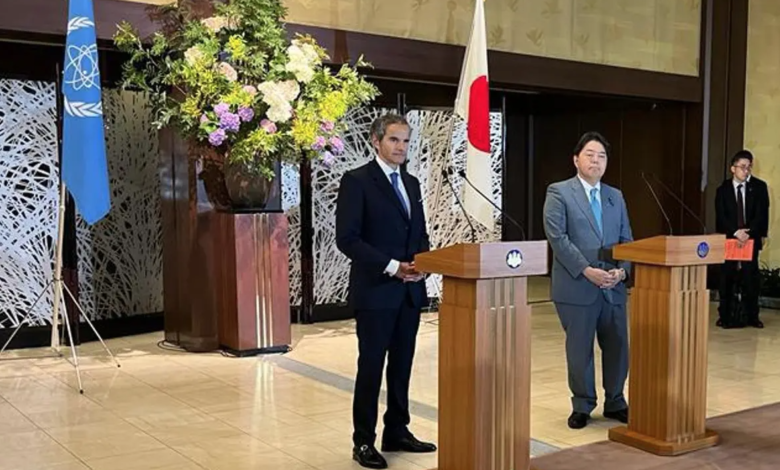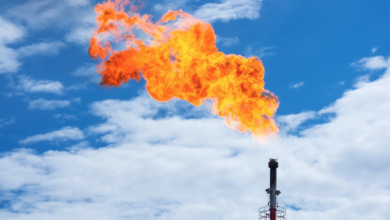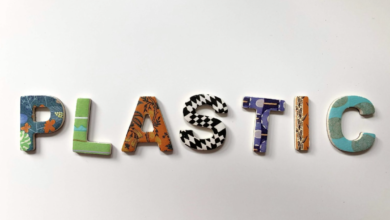The IAEA ensures that the release of Fukushima contaminated water into the sea is safe

The radiological impact on human health and the environment would be “negligible”
(sustainabilityenvironment.com) – Dumping in the ocean the Fukushima contaminated water is safe. Both for human health and for the environment, because it will have a “negligible” radiological impact. The plan drawn up in 2021 by Japan to dispose of in the next 30-40 years about 1.3 million tons of water used to cool the melted core of the Daiichi nuclear plant complies with international safety standards. This was announced today by the IAEA, the International Atomic Energy Agency, following a 2-year monitoring exercise.
What the IAEA said about Fukushima contaminated water
“On the basis of its comprehensive assessment, the IAEA concluded that the approach and discharge activities of treated water by the ALPS adopted by Japan are consistent with the relevant international safety standards” said IAEA Director General Rafael Mariano Grossi in the preface to the report.
ALPS is the acronym for the Advanced Liquid Processing System, the process that will be used to eliminate 63 of the 64 radionuclides present in the contaminated water of Fukushima. Tritium is too small to be eliminated and will be released into the ocean.
“Furthermore, the IAEA notes the controlled, gradual discharges of the treated water to the sea, as currently planned and assessed by TEPCO, would have a negligible radiological impact on people and the environment”, Grossi added. The procedure involves further diluting the liquid in sea water at the end of the decontamination process, and only then releasing it into the ocean in order to reduce the concentration of tritium.
After the approval of the Agency is only the last stamp from a Japanese national agency to start the release of contaminated water in Fukushima. The IAEA will meanwhile proceed with a regional tour to explain its assessment of the plan’s safety to its neighbours. Who continue to have doubts. Starting with China, which today has asked again to suspend the plan, called “extremely irresponsible”.
Monitoring of the IAEA does not end there, but will continue throughout the long phase of release into the ocean. “The IAEA notes that once release has begun, many of the technical arguments examined and evaluated by the Task Force will need to be reviewed by the IAEA at various times to assess the consistency of activities during the operation of ALPS treated water discharges with relevant international safety standards“, underlines the report.





